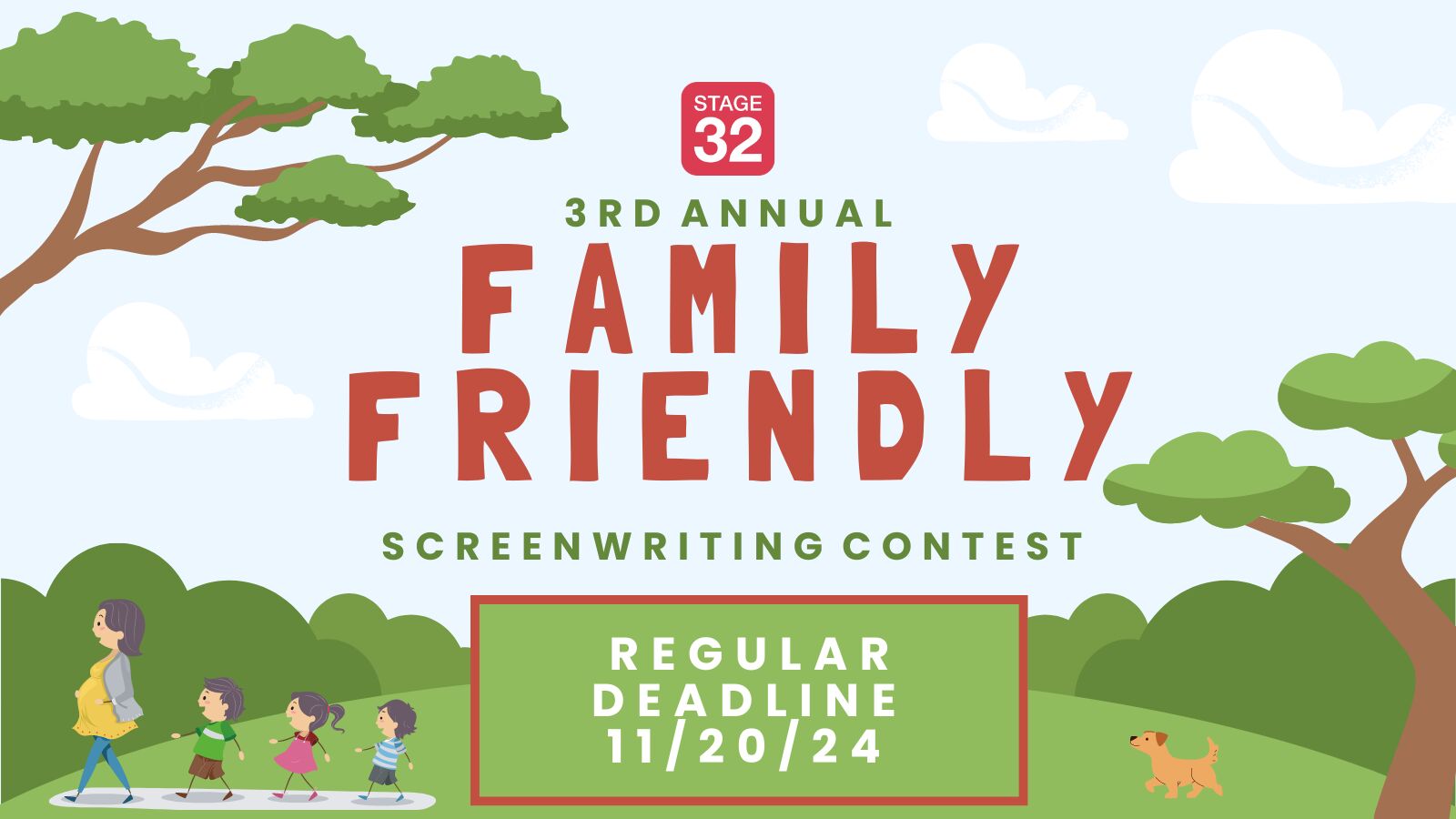In our industry, unfortunately plagued by madness and ego, it is important to celebrate every little artistic victory. Luckily, times are changing, and people at the top are increasingly feeling the need to be human again, kind, and considerate. But there was always this point where you had to fight to get your idea across. And that day, you were right!
When was it for you? Tell us your creative victory story!



1 person likes this
when me (as a director) and the 2 producers who doesn't know anything about the story (script wise) arguing about what angles I should film with (and they don't know about filmmaking, just got some $)... Finally, I let them go.
And when a director hired me to edit a feature, and his producers jump in and argue with his vision (the way he want me to edit), and ended up me in the middle, so I have to tell the director to talk to them directly and then let me know what they agreed to do, otherwise, almost every week I get tossed back and fort on changing the edits.
1 person likes this
A seasoned manager said, "No notes, just change the title.." I was like, "Hell, yeah!" Onward and upward.
1 person likes this
I tend to be a stoic - I don't let that stuff bother me at all.
2 people like this
Lewis Martin Soucy Are you asking as a director? Because it depends. When I direct for hire, I sometimes have relatively unsophisticated producers making suggestions or asking for different angles. If it's their baby and gets the coverage needed then I comply or take it as an alternate - because they are after all paying for it. It if is my script, then what I says goes even if someone else is paying for it, and after all they bought into me personally so in fact I can't recall when that issue has come up in this case. If it did, I would certainly listen to them and again, perhaps take an alternate/additional approach for them, time & budget permitting, which would keep them happy and feeling respected.
Shadow Dragu-Mihai, Esq, as a director or in any position. But one of those idea that you knew was best and no one would follow you.
I think it is important to let the director direct, within budgetary constraints and without deviating from script in a way that is going to fundamentally change the story
"Frankly, even I'm not 100% sure it would work unless I saw it." Derek Reid, that made my day! I'll probably make a t-shirt with this.
1 person likes this
Lewis Martin Soucy First and foremost, in a question of art, which is what you are asking about, there are very few instances (ie. none) where one person is objectively right and everyone else is objectively wrong. The fact is in film, the director is the guardian of the artistic vision. Period. In series, the producer is the guardian of the creative vision. Period. That's the culture and the position. So the director "directs" and people do - it's not a question of following, or even leading in the classic sens of leadership. People can agree or disagree with the director but it's not their call, it's the director's call. If it's a matter of creative vision, that's just the way it is. If it isn't that way and people are refusing to listen to the director, then they need replaced, period. then I would say the issue is personality differences and that has to be dealt with different. If it's a matter of safety or legality, the answer might be different.
1 person likes this
Ooo, what a great question! Also, I love that you're asking for people to share their victories! I've started a weekly "Victory Round" on Fridays to help people remember their victories more often.
As to your question, I feel like I've more logistical disagreements than creative ones. Hmm... now I endeavor to have more creative disputes! LOL!
1 person likes this
Hahaha! Karen "Kay" Ross I can't wait to hear that! And I agree that victories should be celebrated more! I find it very hard to keep people light and on topic here. Many debates and drama. Oh well...
2 people like this
Several times. When working with a director or producer, if it's a commission, the customer is always right. You're serving someone else's story. For an original work, you sometimes have to stick to your guns (tactfully and inclusively, with humility). In that case, it was a spec script where the changes, primarily with regard to the female characters of the piece, where the person I was speaking to wanted them to be "sexier". It would have been nice to make a sale, but I couldn't do it. It's a movie about Puritans! And, if the character's dignity was compromised in some way, I have to live with it. Naïve, simplistic and possible stupid, but I had to turn him down.
1 person likes this
Great example of artistic dignity, Matthew Parvin. When it's important, especially. Sometimes it's not, it doesn't really affect the sense of the piece, and making the sale is essential, but in your case I get it.